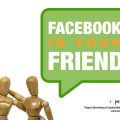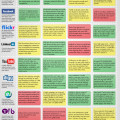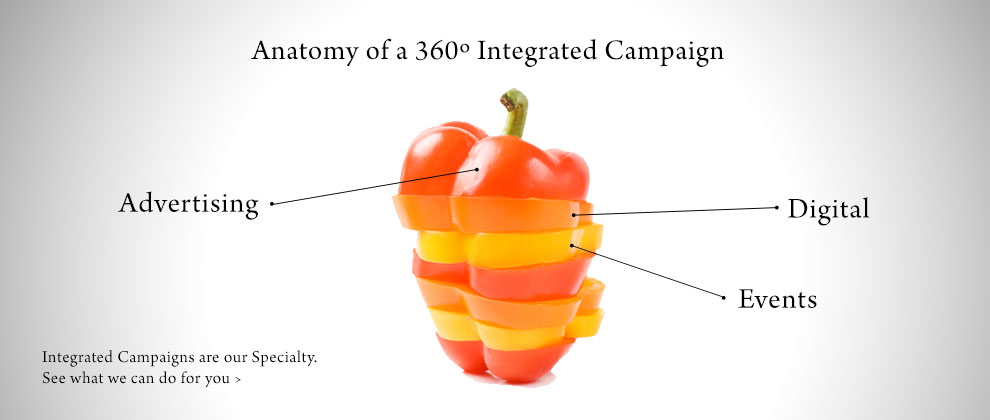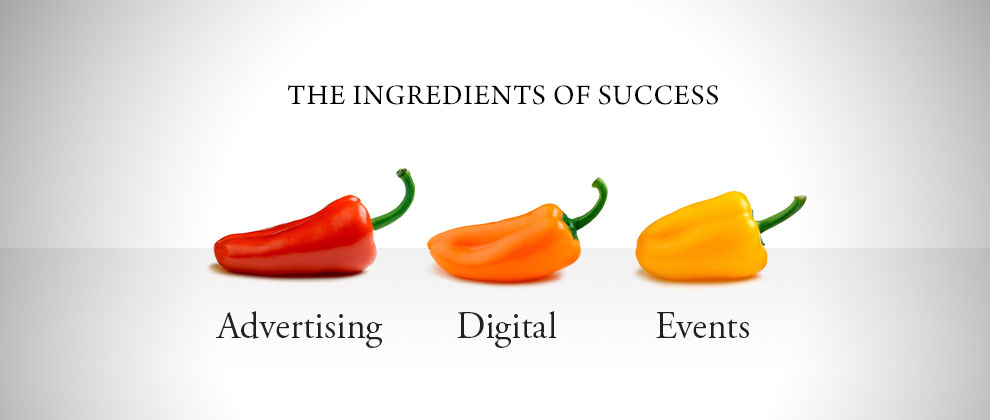For Lent this year, I made Facebook one of my habits to give up. I chose to because I thought that I could not be doing prayer and meditation then digesting the perpetual negative diatribe that lives there. Off of my Facebook hiatus, I now read much less of the stories as my taste for the complaints, profanity and such has waned. Over the weekend, I was reminded of my feelings toward the Facebook stories when a friend brought to my attention a new ad campaign from KFC. He was angry by it and so to were many on the world’s biggest social media platform.

My friend sent a screen shot of the ad. It was an image of a boy with arms folded and a face of displeasure. The words at the top of this KFC post were, “When she asks for some of your KFC fully loaded box, tell her ‘Sharing is for girls.'” Personally, the ad did not disturb me in the least as that is how some children behave, however, knowing how my friend is always sensitive to gender issues, I told him that they should have written, “Sharing is for whimps.” Well, his grouse went further than that. He said that children should be encouraged to share and this was a negative message being sent out. He then sent to me screen shots of his complaint on Facebook and a series of angry responses from others who felt as he did.
He wrote: This is the most unfortunate and irresponsible ad that I have seen in a long time. Really #KFC? #Failure. Who approved this? All yuh have children? All yuh does tell all yuh sons that kinda dotishness? Steups…smh.”
The other comments included:
“Nah man KFC. Ah does rate yuh eh. But this is a ridiculously stupid thing to say.”
“Really KFC? Sharing is for girls? What kinda sexist, backward thinking idiotic rhetoric is this?”
“Poor corporate social responsibility. What message does this send to our children?”
Because of my respite during the Lenten period and my discomfort with Facebook, I thought that the conversation with my friend should not end without a resolve to the issues raised. So I pressed my colleague. I asked him how would he have dealt with this if he were the creative person behind the campaign, the client liked the concept but had the same concern as he did. “How would you have found a creative solution that would make both parties happy?” I asked. After some nudging he said, “Introduce and adult,” to which I said, “Yes! You got it.” I went further to say that if the ad had an adult telling the child to share and that child in that same posture said, “No!” with a catchy piece of copy to go with it, it would not have been an ad to gain the ire of the social media watchdogs. He agreed.
I ended the conversation by saying that I hate the rants on social media as it only provides an avenue to “show up” where our corporate bodies or public figures err, and give us a feeling of power when they resign or pull an ad. I think though, that ranting is not enough. At best, it is an ego trip. As I explained to my friend, when we put someone on “blast”, it means that we know how better to have done what they did wrong. If that is the case, then we should, also provide a solution that is apt, as the example of the suggestion of adding an adult to the KFC ad. I think this is what should be done for every rant, because, I do not think that people deliberately choose to offend with an ad campaign. So, yes, rant, but also suggest ways in which things could have been done differently.
We as a people have complained or thrown blame for decades to no significant social avail. We need to discuss instead; to explore solutions to our problems. I think discussion is the intelligent way forward; to present ideas with the aim of achieving better results. Using the KFC ad as an example, yes, the campaign was pulled, but that should not be the be all and end all for the complainers. Making a suggestion makes one part of the process of future campaigns. So too on a wider scale, suggesting solutions instead of mainly pointing fingers is the wise way ahead as a nation.













